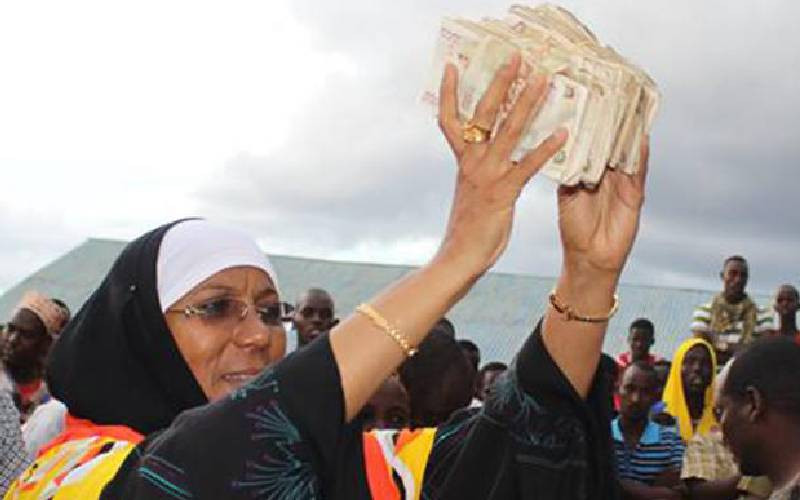×
The Standard e-Paper
Kenya’s Boldest Voice

Kenyans had borrowed Sh30.8 billion from the Hustler Fund as of June 15, indicating the need for credit in the economy; a gap that is now being filled by President William Ruto's administration.
Other than the immense borrowing over a short period, the fund launched in November 2022, had accumulated Sh1.5 billion as mandatory savings. Further, Sh17 million had been saved voluntarily, according to the National Treasury Cabinet Secretary Njuguna Ndung'u during the reading of the budget for the financial year 2023/2024.